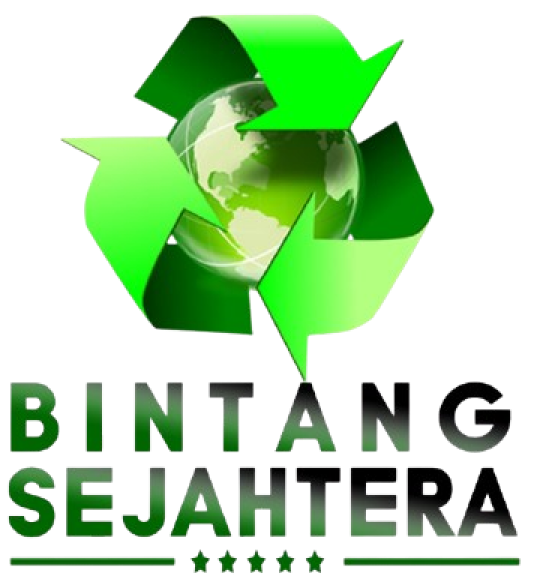Bintang Sejahtera Waste Bank Initiative: Empowering Communities Through Waste Management
Bintang Sejahtera champions a community-based waste management initiative, encouraging residents to actively participate in collecting and sorting household waste. Our waste bank program addresses waste issues while providing economic opportunities for the community.
How Our Waste Bank Works
Managed by a team of 4-10 individuals in roles such as chief, secretary, finance, collection, and transportation, the waste bank’s workflow involves:
1. Campaign: Educating the community about the importance of collecting and sorting waste, teaching residents to categorize waste into recyclable plastic, metal, paper, organic waste, and residue.
2. Waste Collection: Residents register as customers, collecting, sorting, and bringing recyclable waste (plastic, metal, and paper) to the waste bank office. Customers who can’t deliver waste themselves can contact Bintang Sejahtera for waste pick-up services.
3. Waste Sorting: Collected waste undergoes further sorting into more specific categories.
4. Waste Selling: Sorted waste is packed and transported to the Bintang Sejahtera Processing Center (BSPC), where it is weighed, categorized, and paid for, before processing.
Waste Processing at BSPC
Waste processing at BSPC involves:
1. Packing:Preparing the sorted waste for handling.
2. Chopping:Reducing the size of the waste to prepare it for recycling.
The packed and chopped waste is then transported to recycle industries in East Java.
Impact and Expansion
Since 2010, Bintang Sejahtera has promoted the waste bank concept, helping develop over 275 units throughout the NTB province. Bintang Sejahtera recycles over 50 tons of waste each month.
By participating, community members contribute to a cleaner environment and gain economically, receiving monetary value for their waste deposits. This fosters environmental awareness and responsible waste management.
Bintang Sejahtera is committed to expanding the waste bank program and working with communities and the government to address waste concerns. Our tagline, “the waste is resources,” reflects our circular economy approach. Through continued education and training, we aim to spread awareness about the value of waste management and promote citizen engagement in creating a sustainable future.


